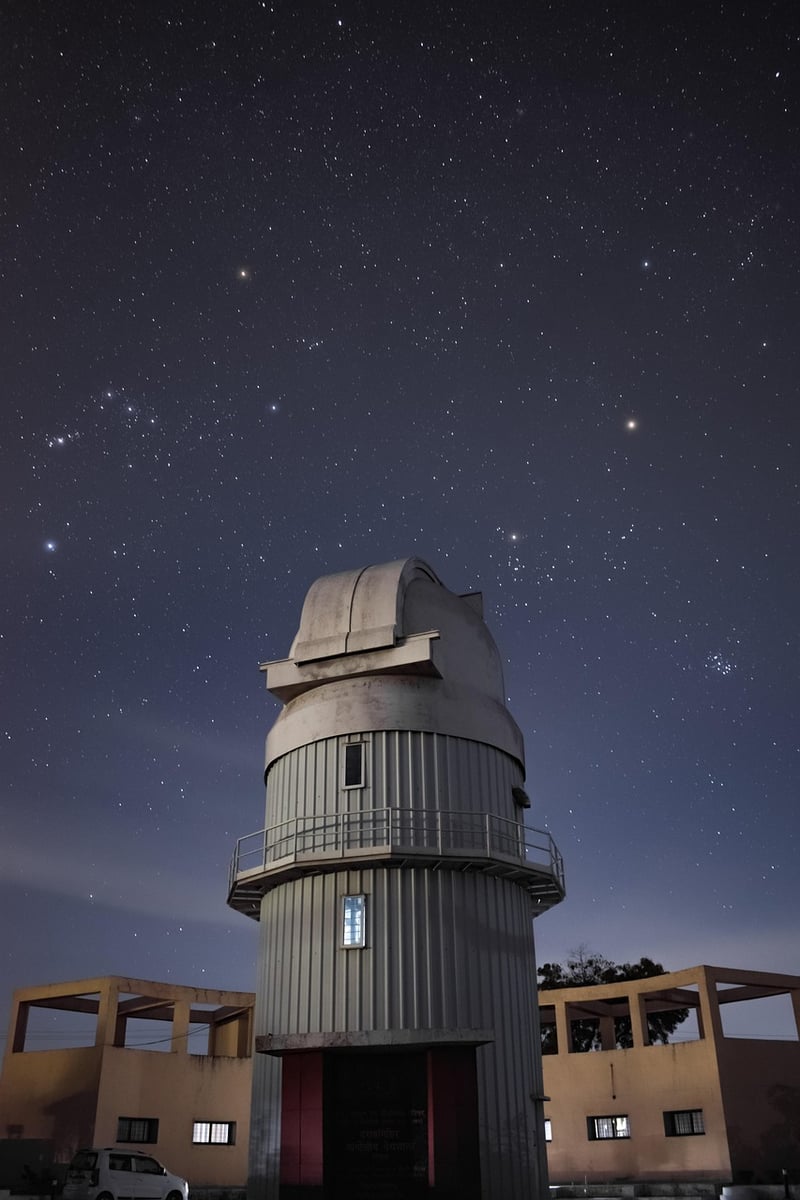Orbital Habitats
Establishing Off-World Communities + Orbital Habitats
The Future of Humanity Beyond Earth
In recent years, the concept of establishing off-world communities and orbital habitats has gained significant traction in discussions surrounding the future of humanity beyond Earth. With advancements in space technology and growing concerns about the sustainability of life on our planet, the idea of colonizing other celestial bodies or creating artificial habitats in space is becoming more feasible than ever before.
Off-World Communities: Colonizing Other Planets
Colonizing other planets, such as Mars, has been a long-standing goal for space exploration enthusiasts and scientific communities alike. With projects like SpaceX's Mars colonization plans and NASA's Artemis program aiming to return humans to the moon as a stepping stone for further exploration, the dream of establishing permanent human settlements on other planets is no longer just science fiction.

Challenges and Opportunities
While the challenges of colonizing other planets are immense, including issues such as radiation exposure, harsh environments, and long-duration space travel, there are also significant opportunities for scientific discovery, resource utilization, and expanding the horizons of human civilization.
Orbital Habitats: Living in Space
Orbital habitats, such as space stations or O'Neill cylinders, offer a different approach to establishing off-world communities. These artificial structures, located in Earth's orbit or beyond, provide a controlled environment where humans can live and work in microgravity conditions.

The Advantages of Orbital Habitats
Living in orbital habitats presents unique advantages, including access to abundant solar energy, opportunities for research and experimentation in microgravity, and the potential for commercial activities such as space tourism and manufacturing.
The Path Forward
As we look towards the future of humanity in space, the establishment of off-world communities and orbital habitats represents a bold and ambitious endeavor. By leveraging technological innovation, international collaboration, and a shared vision for the future, we can pave the way for a new chapter in human history beyond Earth.
Join us on this exciting journey as we explore the possibilities of living and thriving in the vast expanse of space!
